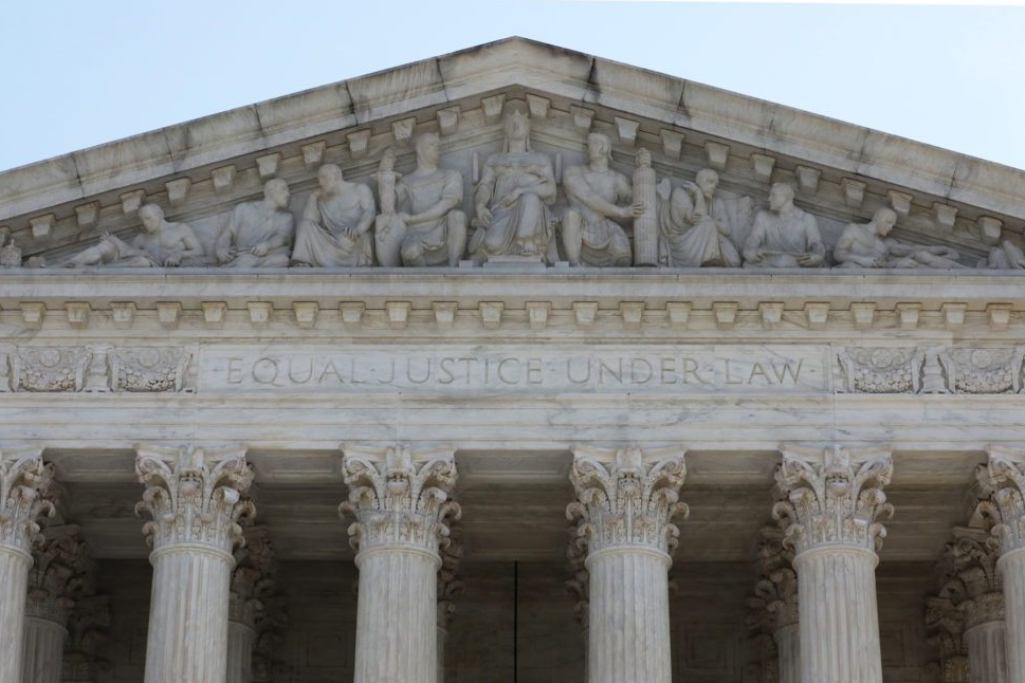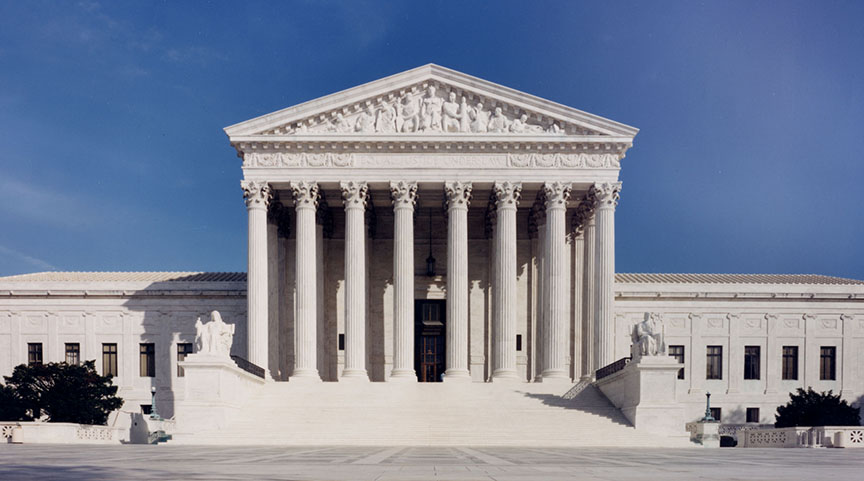In a landmark decision for churches, the U.S. Supreme Court has for the first time ruled that a “ministerial exception” allows congregations and religious groups to hire and fire ministers free of federal employment discrimination laws.
The unanimous ruling Wednesday (Jan. 11) in a case closely watched by religious liberty organizations involved a teacher who had been fired from an Evangelical Lutheran Church school in Michigan. The teacher, the equivalent of a minister in the school’s employee classification, sued the school after she was fired, and the Sixth Circuit Court of Appeals ruled in her favor.
Although the case only involved one employee at a Christian school, the constitutional principle in the case could have impacted churches. Observers considered it one of the most significant religious freedom cases to reach the high court in decades.
The Sixth Circuit’s decision worried religious groups who feared that a ruling against them would strike a blow to their hiring freedoms. The Southern Baptist Convention’s Ethics & Religious Liberty Commission and International Mission Board signed a brief urging the high court to side with the Lutheran school.
The Supreme Court, with no dissenters, said that the First Amendment is clear in preventing government interference.
“The Establishment Clause prevents the Government from appointing ministers, and the Free Exercise Clause prevents it from interfering with the freedom of religious groups to select their own,” Chief Justice John Roberts wrote for the court.
The two clauses are found in the section of the First Amendment pertaining to religious liberty: “The Congress shall make no law respecting an establishment of religion, or prohibiting the free exercise thereof.”
Although lower courts had sided with the ministerial exception, the Supreme Court had never ruled on the matter.
“We agree that there is such a ministerial exception,” Roberts wrote. “ … Requiring a church to accept or retain an unwanted minister, or punishing a church for failing to do so, intrudes upon more than a mere employment decision. Such action interferes with the internal governance of the church, depriving the church of control over the selection of those who will personify its beliefs. By imposing an unwanted minister, the state infringes the Free Exercise Clause, which protects a religious group’s right to shape its own faith and mission through its appointments.
Roberts added: “According the state the power to determine which individuals will minister to the faithful also violates the Establishment Clause, which prohibits government involvement in such ecclesiastical decisions.”
In his 22-page decision, Roberts set forth historical background, noting that the Puritans fled to New England in order to “escape the control of the national church.” After the First Amendment was adopted in the late 1700s, Roberts said, the federal government made clear its understanding of the amendment’s meaning. For example, when the first Catholic bishop in the U.S. asked President Jefferson in 1806 who should be appointed to direct the affairs of the Catholic Church in the Louisiana Territory, Secretary of State James Madison responded that it was an “entirely ecclesiastical matter” for the church to decide. Roberts also quoted an 1872 Supreme Court opinion in which the justices refused to decide whether slavery or anti-slavery factions controlled Walnut Street Presbyterian Church in Louisville, Ky.
The Becket Fund for Religious Liberty represented the Lutheran school.
“The message of today’s opinion is clear: The government can’t tell a church who should be teaching its religious message,” said Luke Goodrich, deputy national litigation director at the Becket Fund. “This is a huge victory for religious freedom and a rebuke to the government, which was trying to regulate how churches select their ministers.”
The Department of Justice had urged the high court to reject totally the “ministerial exception.”
The Alliance Defense Fund, which also has been involved in the case, also applauded the ruling.
“The Supreme Court was right to conclude that the government cannot contradict a church’s determination of who can act as its ministers,” ADF attorney Kevin Theriot said. “This clearly goes to the heart of the original intent of the religion clauses of the First Amendment.”
The Lutheran school in question divides teachers into two categories: “called” and “lay.” Called teachers have to satisfy several requirements in order to fit into that category, including taking theological study courses and obtaining the endorsement of the local synod. Lay teachers work on one-year contracts and don’t have to meet those requirements, and are hired only when there aren’t enough “called” teachers. The teacher in question, Cheryl Perich, was a “called” teacher.
Perich began the 2004-05 school year on disability leave with a sleep disorder, narcolepsy. In January 2005, she notified the school she would be returning to work in February but was told that the school had hired a lay teacher to fill her role. The school, Hosanna-Tabor, believed that she was physically unable to return to work that year or the next, and they offered to pay a portion of her insurance premium in exchange for her resignation. She refused to resign and showed up for work on Feb. 22, refusing to leave until she had received a document stating that she had showed up for work. That same day, she told the school that she had spoken with an attorney and intended to file suit. The school fired her on April 10, 2005, due to her “insubordination” and the damage she had done to the “working relationship” by “threatening to take legal action.”
The case was Hosanna-Tabor Evangelical Lutheran Church and School v. Equal Employment Opportunity Commission.
(EDITOR’S NOTE – Michael Foust is associate editor of Baptist Press.)


